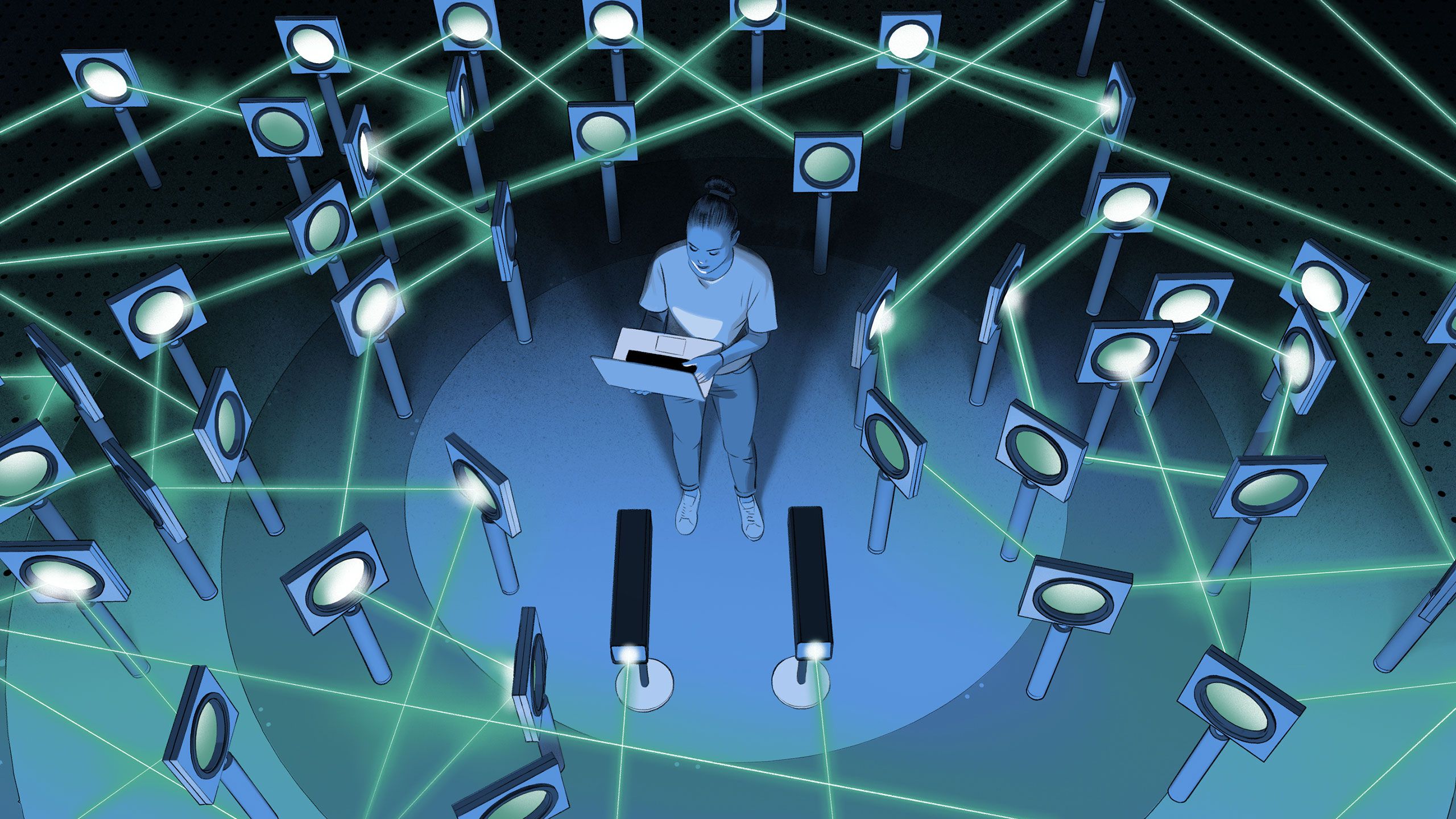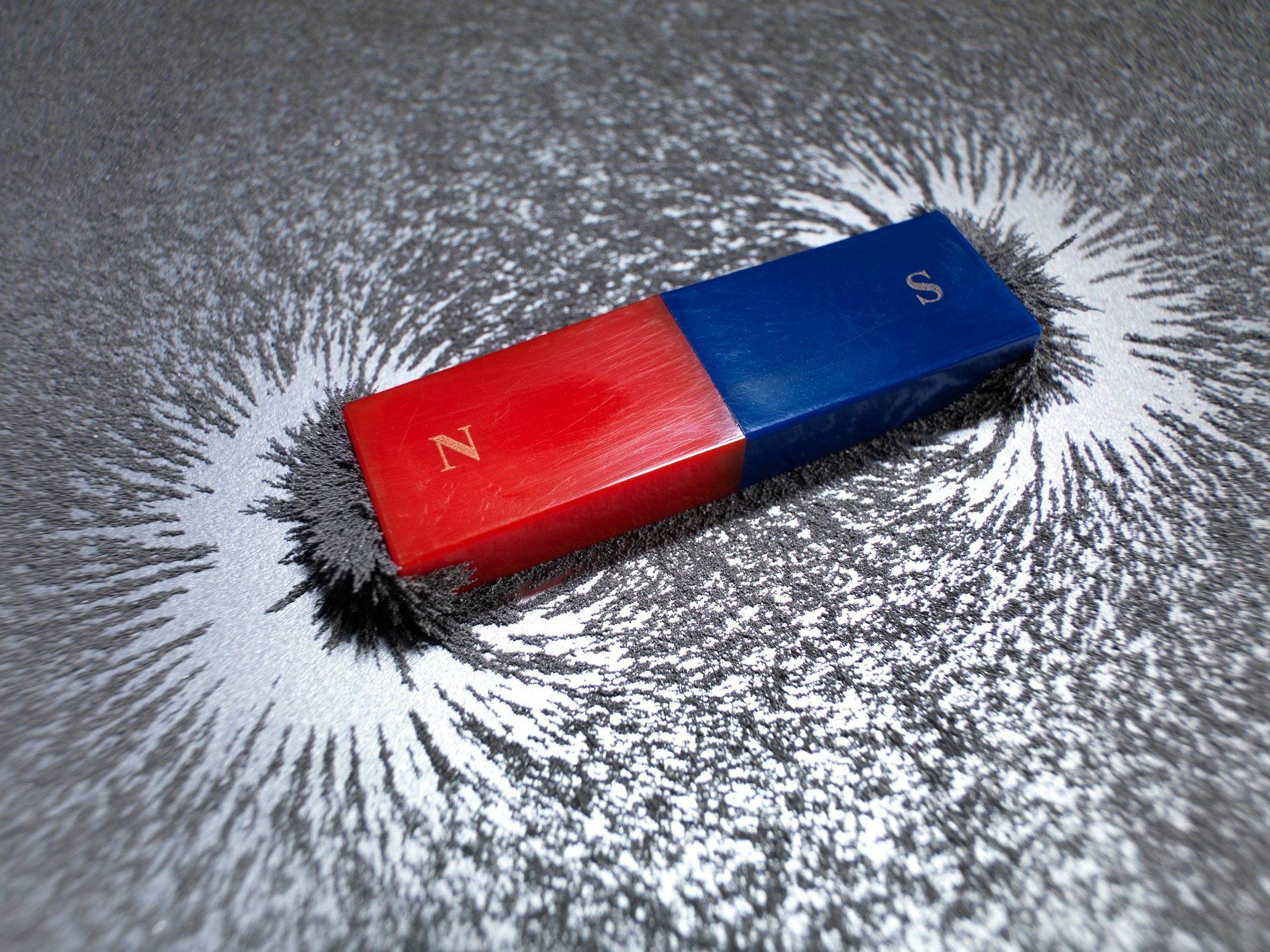The Black Market for Fake Science Is Growing Faster Than Legitimate Research, Study Warns
A recent study has shed light on the alarming trend of the black market for fake science growing at a faster rate than legitimate research. The proliferation of fraudulent scientific papers, often created to deceive and mislead, poses a serious threat to the integrity of the scientific community.
Researchers have expressed concern over the ease with which fake scientific papers can be purchased online, with some vendors offering to produce papers on demand for a fee. This underground economy is fueling the spread of misinformation and undermining the credibility of genuine scientific research.
The study warns that the rise of predatory journals and conferences, which accept substandard or plagiarized work in exchange for fees, is exacerbating the problem. These outlets provide a platform for fake science to masquerade as legitimate research, further eroding trust in the scientific publishing process.
Furthermore, the study highlights the implications of fake science on public health and policy decisions. False claims and misinformation can have real-world consequences, leading to ineffective treatments, wasted resources, and even harm to individuals and communities.
In response to these findings, the scientific community is being urged to remain vigilant and adopt robust measures to combat the spread of fake science. This includes enhancing peer review processes, promoting transparency and accountability, and supporting initiatives that prioritize integrity and ethics in research.
The study serves as a stark reminder of the challenges facing the scientific community in an era where misinformation and deception are rampant. It underscores the importance of upholding the principles of honesty, rigor, and trustworthiness in scientific research, and the need for collective action to preserve the integrity of the scientific enterprise.
In conclusion, the black market for fake science is a growing threat that demands immediate attention and concerted efforts to address. As we navigate an increasingly complex and interconnected world, the need for reliable and trustworthy scientific information has never been more critical.



